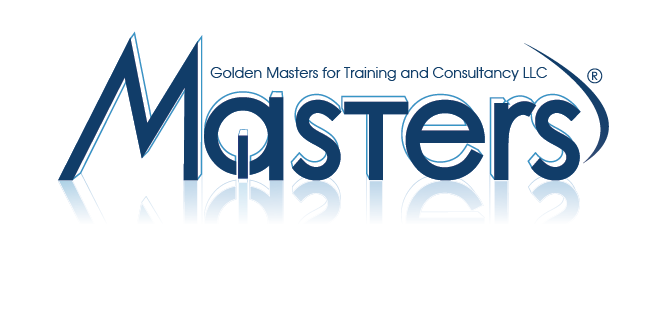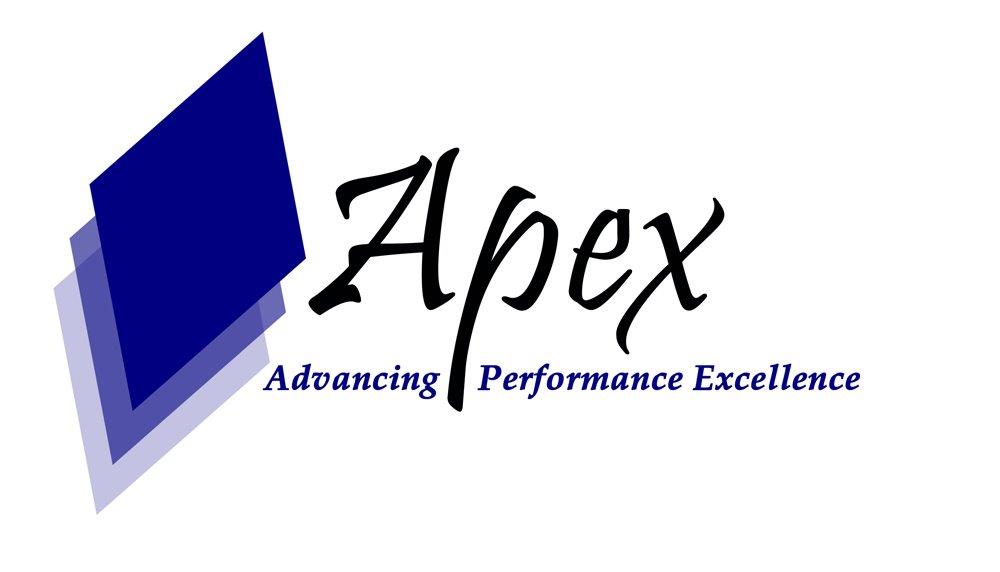This course is designed to train operators in the practical aspects of operating and maintaining water distribution systems, with emphasis on the use of safe practices and procedures. Topics covered include the role and duties of water dis

Masters Training Company was established in response to the growing need for quality training to support the business community within your Company, Department or Organization by providing a high standard of Training Programs, Courses, Seminars, Workshops and Consultancy Services to employees in a very competitive business environment.
Masters is also an approved vendor from KHDA & ILM
(Institute Review)
55 years ago(Institute Review)
55 years ago
This is an ideal training for those professionals who are responsible for collecting the vibration readings and also for those performing vibration analysis. You will learn about the introduction to spectrum, time waveform, phase, and demodu

This seminar will teach you everything you need to understand and implement different money-saving techniques related to the Predictive Maintenance Solutions Strategy.

Learn about the concepts of maintenance management, planning and scheduling with the help of this practical oriented training by APEX Training, Consultancy & Solutions Provider.

In this course, participants will learn from RCM’s history and its founding principles. We will gradually build a Maintenance System based on RCM principles.

This course will improve and develop your knowledge and understanding of gearbox working conditions in turbines and teach you how to be predictive and proactive in service matters to avoid expensive shutdowns.
© 2025 www.coursetakers.ae All Rights Reserved. Terms and Conditions of use | Privacy Policy